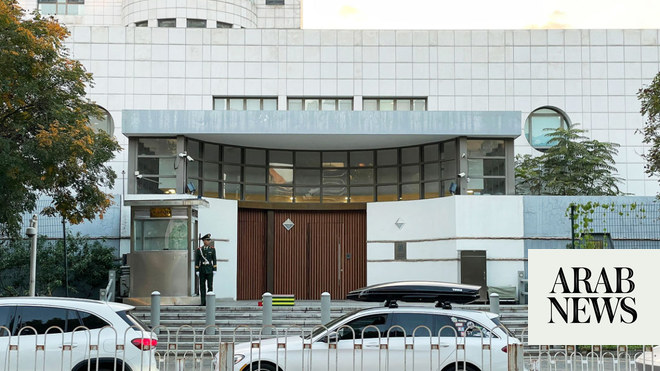
At first glance, TikTok is an unusual geopolitical flashpoint. The app, which offers a set of tools that make producing video fun and easy and in turn provides viewers with an endless stream of entertaining sub-minute clips, has more than half a billion users, with the majority aged under 30.
It is owned by a Chinese company, ByteDance, but unlike peers such as Huawei and ZTE, it has little to do with critical national infrastructure, and has so far managed to avoid the accusations of intellectual property theft and state aid which are often the first step to sanctions. If anything, with Facebook this week launching a pitch-perfect TikTok clone, Reels, the company can make a case that it is a genuine innovator, oft-followed, never beaten.
But try as it might, TikTok cannot escape its past. The app was born in China as Douyin, ByteDance’s second viral success after a news aggregator, Toutiao, took the country by storm in 2017. But when the company failed to export Toutiao overseas, marketing it to westerners as TopBuzz, it looked set to join a long list of Chinese web firms that failed to thrive outside the Great Firewall.
With TikTok, ByteDance took a different approach, buying out the already popular Musical.ly, another Chinese app that had succeeded in gathering a critical mass of users in the west. The company rebranded Musical.ly as TikTok, and spent nearly $1bn on app install adverts across the US to boost its growth still further.
In the process, it attracted a fair amount of criticism, eventually agreeing to settle with the US Federal Trade Commission over allegations it had been cavalier with regards to children’s personal data.
But in the summer of 2019, the app began to come under additional scrutiny because of its Chinese origins. As the Hong Kong protests escalated, users noticed content celebrating the cause was nearly absent on the app; a bizarre omission, given the overlap in the youthful demographics of both.
In September, the Guardian received documents that confirmed what many had suspected: the app’s moderation team had been explicitly instructed to remove content covering topics Beijing would rather not be discussed, including Tiananmen Square, Falun Gong and Taiwan. TikTok said the guidelines had been retired that May, and future versions would be written by the local teams in each country.
This summer, China’s international standing has deteriorated further after a repressive national security law was introduced in Hong Kong and human rights investigators produced more evidence pointing towards a genocide in Xinjiang. To legislators in the US and UK, TikTok’s dominance looks increasingly dangerous as a result.
One set of fears revolve around the app’s potential for harvesting user data. TikTok does not know much about its users, particularly compared with a fully featured social network such as Facebook, and the company has always maintained that user data is not stored in China but in data centres in the US, Singapore and elsewhere around the world.
Nonetheless, observers fear ByteDance, like all Chinese companies, has little ability to stand up to the state if it does demand access. The company already had to make a public apology to state censors in 2017, after the Cyberspace Administration of China condemned it for “disseminating pornographic and vulgar information” through Toutiao, sparking little faith that it would resist a more forceful intervention.
The other set of fears go back to the moderation guidelines – and further. TikTok’s most powerful feature is the For You page, an algorithmically curated feed of videos that most users never need click away from. Like all curation algorithms, the exact way the app picks what to show users is shrouded in mystery. That has caused alarm among those who have observed the Chinese state’s increasing desire to control conversation not just at home, but abroad as well.
When NBA stars shared messages of support for Hong Kong on Twitter, which is banned in China, the US basketball league was forced to apologise or face suspension from the airwaves. It was censorship, but loud and obvious – and sparked a backlash of equal ferocity. If the stars had tried to express the same support on TikTok, and the algorithm simply failed to make their messages go viral, it seems possible no one would have even noticed.












